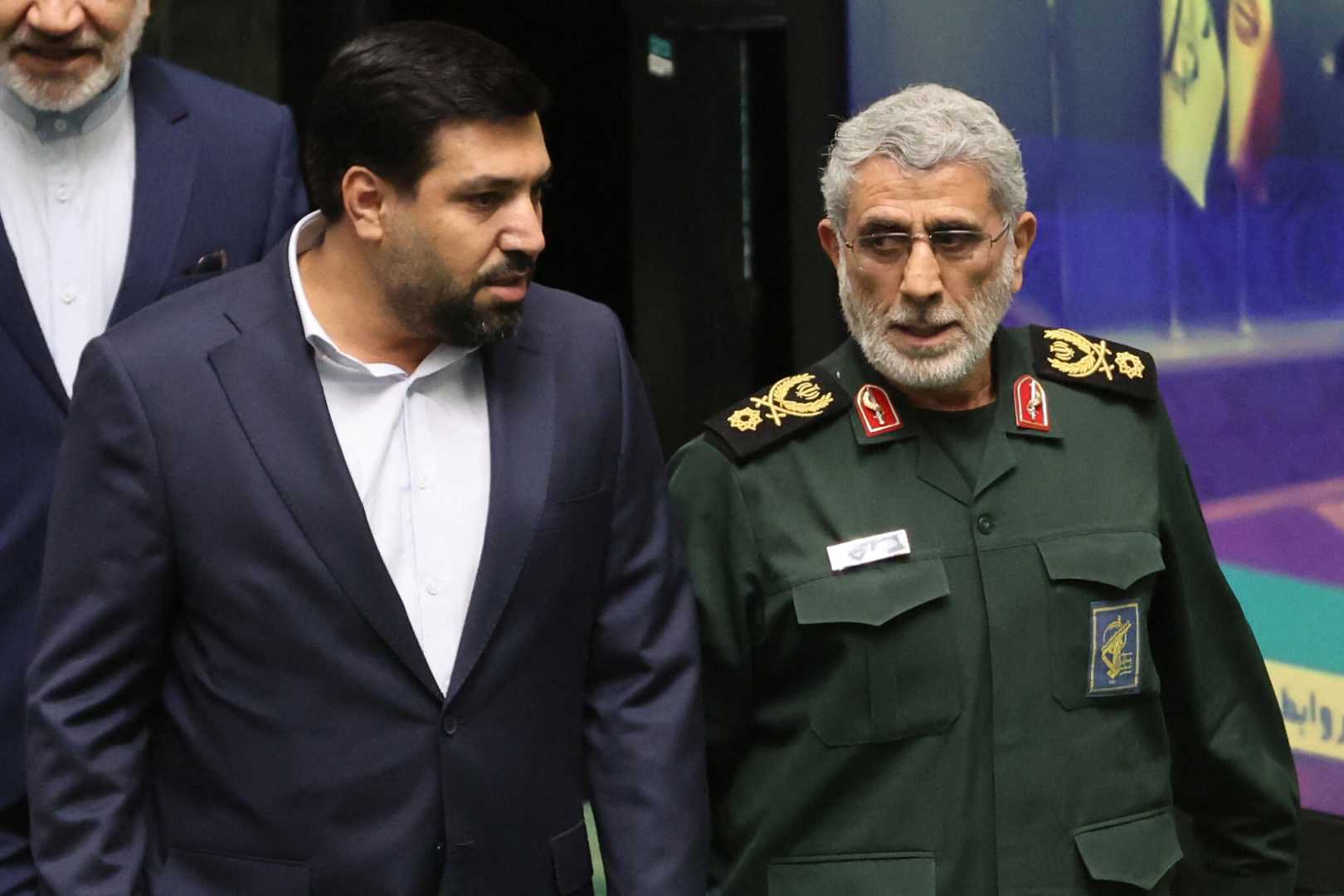News
Iranian Quds Force Commander Esmail Qaani Goes Unheard Amid Escalating Tensions

Iran‘s Quds Force commander, Brigadier General Esmail Qaani, has not been heard from since Israeli air strikes targeted Beirut last week, according to two senior Iranian security officials. The officials shared this information with Reuters, raising concerns over the whereabouts of the high-ranking military leader.
Qaani traveled to Lebanon following last month’s Israeli airstrike, which resulted in the death of a Hezbollah leader. The Quds Force, an overseas military-intelligence service of the Islamic Revolutionary Guard Corps, has been under Qaani’s leadership since 2020 after the assassination of his predecessor, Qassem Soleimani, by a U.S. drone strike in Baghdad.
Qaani’s role has been to manage Tehran’s paramilitary allies across the Middle East and other regions. Despite his position, military and political analysts, along with individuals familiar with both Qaani and Soleimani, have noted that Qaani has not commanded the same respect or maintained as close relationships with Iran’s allies in the region as Soleimani did.
Under Soleimani’s command, the Quds Force supported various proxies, including Lebanese and Iraqi Shi’ite militias and Yemen’s Houthis, who increased their influence in the Middle East. In contrast, Qaani’s tenure has coincided with significant setbacks for these groups inflicted by regional intelligence operations and military interventions.
Born in Mashhad, Iran, Qaani, 67, has a history in Iran’s Revolutionary Guards, having served during the Iran-Iraq war in the 1980s. He became the deputy commander of the Quds Force in 1997, shortly after Soleimani ascended to the top position. Upon taking over leadership, Qaani pledged to expel U.S. forces from the Middle East as retribution for Soleimani’s death. During Soleimani’s funeral in Tehran, Qaani was quoted by state radio saying, “We promise to continue martyr Soleimani’s path with the same force … and the only compensation for us would be to remove America from the region.”
Qaani’s experience extends beyond Iran’s borders, with operations in countries such as Afghanistan and Pakistan. Unlike Soleimani, who was fluent in Arabic and often seen on battlefields engaging with militias, Qaani does not speak Arabic and has maintained a more reserved public profile, with little information available about his activities.
Editing by Giles Elgood and Alexandra Hudson.












